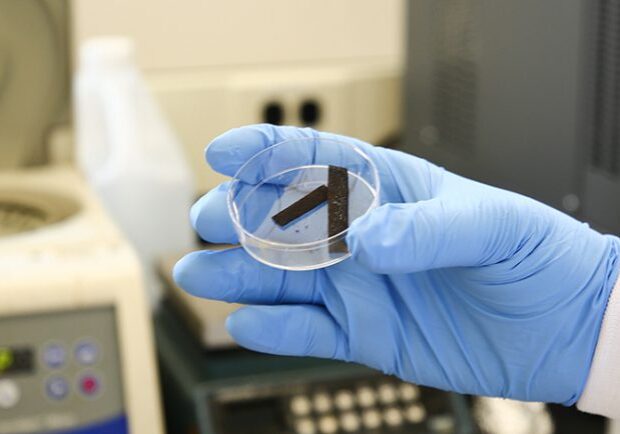
Low-cost catalyst from U of T Engineering boosts hydrogen production from water
Made of copper, nickel and chromium, the device performs well at neutral pH, a key step in several potential green energy strategies
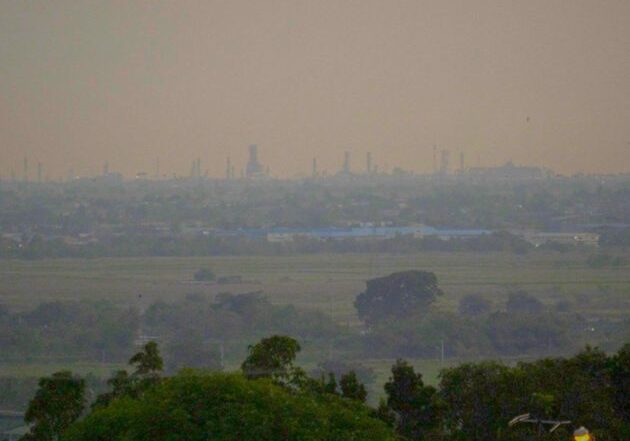
First study of traffic-related pollution in Trinidad and Tobago reveals high levels of black carbon
U of T Engineering researcher Kerolyn Shairsingh decided to apply her expertise in air quality after suffering asthma attacks when she returned to her hometown in Trinidad
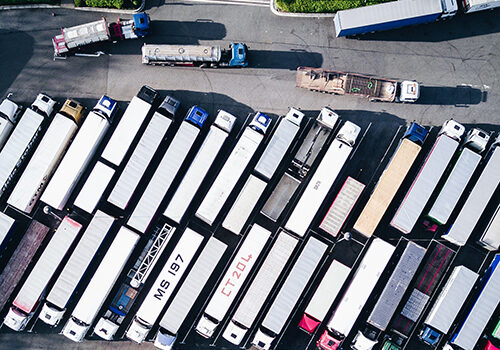
Large trucks are biggest culprits of near-road air pollution: U of T Engineering study
Two-year study in Vancouver and Toronto reveals that vehicle types, rather than traffic volume, matters most when it comes to air pollution
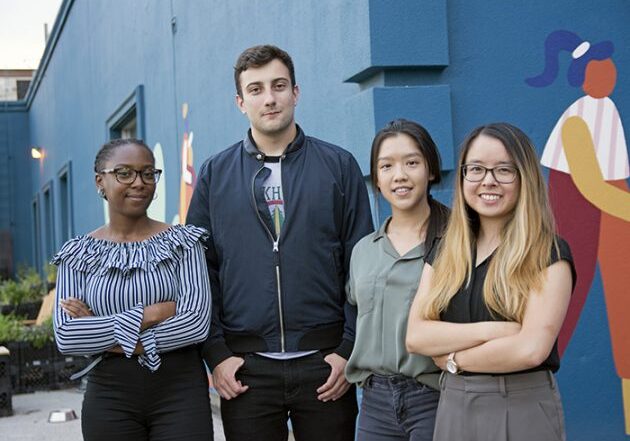
Two U of T Engineering students travel the world as Sidewalk Fellows to help shape the city’s waterfront vision
Twelve post-secondary students from across the GTA, including four from the University of Toronto, have been participating in a fellowship program organized by Sidewalk Toronto

Engineering research from smart grids to green energy receive $11 million in NSERC funding
Strategic Project Grants support researchers working alongside policy makers and Canadian companies to generate new technology
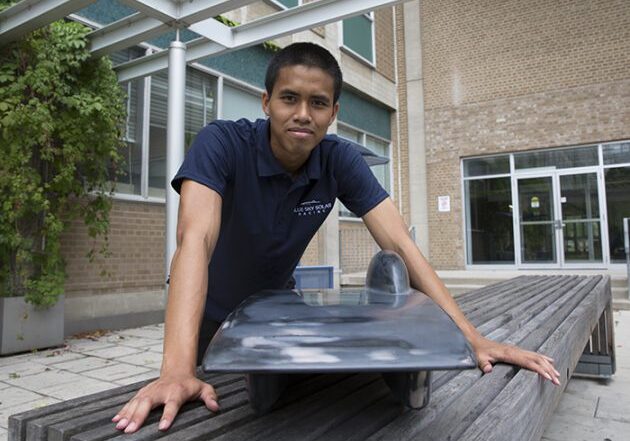
Next-generation Blue Sky Solar car is put to the (wind) test
Blue Sky Solar Racing recently tested out 3D models of its cars Horizon and Polaris to inform design of their 10th generation solar vehicle
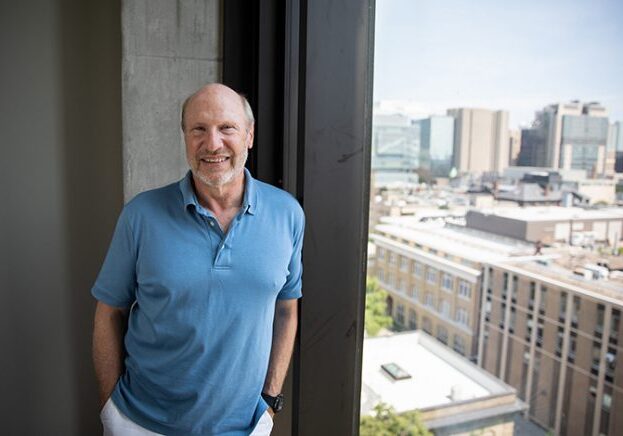
It takes a village to build a smart city: Mark Fox on culture of collaboration at School of Cities
Professor Mark Fox says School of Cities will play a pivotal role in catalyzing collaboration across U of T Engineering and University



